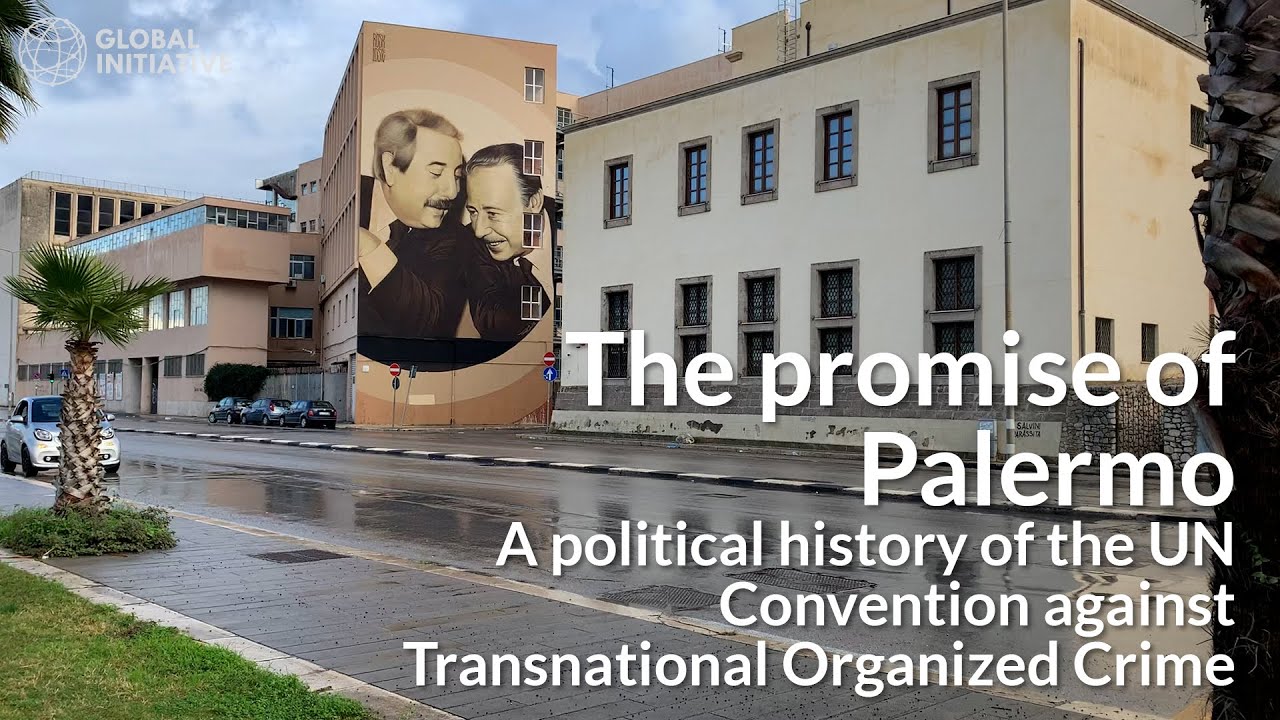
NGOCSTIP – The Palermo Protocol was adopted in 2000 as part of the United Nations Convention against Transnational Organized Crime. This international agreement aims to prevent, suppress, and punish human trafficking, especially of women and children. The protocol established a global legal framework for combating trafficking across borders and within countries. It encourages countries to criminalize trafficking, protect victims, and promote cooperation among law enforcement agencies. The agreement emphasizes the importance of victim-centered approaches in preventing re-exploitation and abuse. Since its adoption, many nations have revised or created laws aligned with the protocol’s principles and goals. The Palermo Protocol remains a cornerstone of international anti-trafficking policy and advocacy today.
The protocol clearly defines human trafficking to include recruitment, transportation, and exploitation of persons through coercion or deception. It recognizes trafficking for forced labor, sexual exploitation, slavery, or organ removal as serious crimes. Children are considered trafficked even without coercion if used for exploitative purposes. The definition helps unify legal approaches in different countries under one consistent standard. Authorities can now identify trafficking more easily with a shared global understanding of its elements. This clarity strengthens international cooperation and prosecution efforts across borders.
“Read about: Power of Awareness: Using Campaigns to Prevent Human Trafficking”
Countries that ratify the Palermo Protocol criminalize trafficking in their national legal systems. They also implement strong measures to investigate, prosecute, and punish traffickers effectively. Law enforcement agencies receive training to detect trafficking and assist victims with safety and respect. Officials protect victims from retaliation and secondary victimization throughout the legal process. The protocol urges states to build shelters, offer legal aid, and support rehabilitation for trafficked individuals. Governments conduct awareness campaigns and launch socio-economic development programs to prevent trafficking. Authorities tighten border control measures and adjust visa policies to reduce trafficking risks.
The protocol calls for stronger international cooperation among countries to combat human trafficking networks. Governments are expected to exchange intelligence, coordinate operations, and assist in cross-border investigations. Interpol and other international organizations play a key role in supporting these joint efforts. Extradition of traffickers and mutual legal assistance are critical tools under the protocol’s framework. The protocol also promotes technical support and training among nations to build capacity in weaker legal systems. Regional partnerships have emerged to tackle trafficking routes specific to certain parts of the world.
The Palermo Protocol emphasizes protecting the rights and dignity of trafficking survivors. Therefore, survivors must receive fair treatment without facing criminal charges for acts during exploitation. Moreover, support services such as counseling, medical care, and language assistance remain essential throughout recovery. In addition, countries should offer temporary or permanent residency for victims who cannot return home safely. Then, governments need to assist survivors in reintegrating into society through education and employment programs. Furthermore, protection of identity and confidentiality strengthens victim trust during the legal process. Besides that, officials must respect emotional boundaries to avoid re-traumatizing those who testify. Consequently, justice systems should improve protocols to ensure safe, empowering court experiences. Meanwhile, community programs can help rebuild survivor confidence and independence. Ultimately, collaboration between governments, NGOs, and social workers improves outcomes for those affected by trafficking.
“Read more: Laryngitis Symptoms, Causes, and Remedies You Should Know”
The Palermo Protocol has influenced hundreds of national laws and policies since its adoption. Many countries now have stronger frameworks to prevent trafficking and support survivors. However, implementation remains inconsistent due to resource gaps, corruption, and lack of training. Some governments struggle to enforce anti-trafficking laws or identify victims properly. In many regions, victims still face stigma, deportation, or lack of access to justice. Continued advocacy and international pressure are needed to ensure full compliance and accountability. Civil society plays a key role in monitoring implementation and supporting survivors globally.